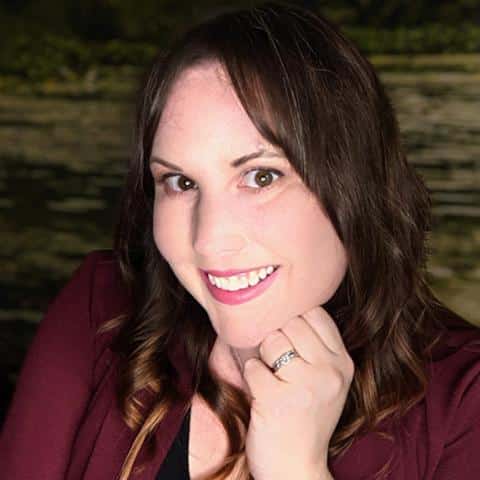
As part of its growing animal law and policy offerings, Vermont Law and Graduate School (VLGS) launches a new Farmed Animal Advocacy Clinic (FAAC) this fall. The only clinic of its kind, the FAAC empowers students to become effective animal advocates through real-world work, including impact litigation as well as legislative, policy, and regulatory initiatives aimed at improving the treatment and status of animals used for food. At the helm of this exciting new development is Professor Laura Fox (JD/MELP ’13), who returns to VLGS after serving as senior staff attorney for farmed animal protection for the Humane Society of the United States, Visiting Fellow with the Brooks McCormick Jr. Animal Law and Policy Program at Harvard Law School, and adjunct professor at George Mason University’s school of law.
Here’s what Professor Fox has to say as she returns to her alma mater to build and direct the Farmed Animal Advocacy Clinic:
How does it feel to be back at Vermont Law (and now Graduate) School?
It feels wonderful to be back. The faculty and staff here have been so welcoming. It doesn’t hurt that it’s (slightly) less intimidating now to come here than it was as a student. The homecoming has also been an eyeopener. It’s been great to see all the changes that have been made. The school is going in an exciting direction, and I look forward to contributing to implementing its strategic plan, which to my elation includes growing the animal law content and opportunities here.
I also am thrilled to be back in the area. As a student I didn’t explore much beyond the basement of the Cornell Library, so now that I’m back, I look forward to having many more adventures. Suggested sights and destinations are highly encouraged.
How has the field of animal law changed since you were a student?
Animal law seemed to still be a fledgling, niche field when I first started law school. As I entered the field it was the fastest growing area in public interest law, and there are now even more opportunities available for those looking to join the cause (not to say it’s not still hard to get a foot in the door, see my advice below).
There were also more real or perceived tensions between the animal law groups and environmental law groups at the school. As an animal advocate, it sometimes felt like being an outsider even though we share many similar goals and endeavor to address concomitant harms. There can still be divergent issues and interests among environmental and animal groups, but they are increasingly embracing their synergies as the intersectionality of animal welfare, environmental destruction, and many other societal harms have become especially apparent. I’m so glad to see VLGS’s leadership embracing these synergies.
What are you most excited about as you launch the Farmed Animal Advocacy Clinic?
The students. There is so much good that can be done through farmed animal advocacy, and the students have the enthusiasm and drive to get that work done. Each student brings a unique perspective to the issues and can generate new approaches to problems. I’m excited about their creativity, initiative, and passion. As a generally pessimistic person, the students are among the people and things that spark a bit of optimism in me. I can’t wait to get to work with and guide them in FAAC.
What is your advice for VLGS students who want to get involved in animal law and policy?
While animal law and policy opportunities are increasing, they are still limited and highly competitive. A job in animal law and policy, much less the “dream job” in your desired subject matter within animal law, may not present itself right away. The best thing you can do is position yourself to have the skills and experience needed to be the right fit for jobs when they do arise. If your goal is to be an animal protection litigator, hone your litigation skills. This can be done by clerking, working at a firm, as a public defender, etc. In these roles you will gain important skills that are transferable to your animal law practice. Similarly, if you want to work on policy to advance animal interests, start in a local, state, or federal legislature or, if there is a position at an NGO focused on another area of impact (if that area still aligns with your values), consider applying. Again, those skills will be transferable. In addition to doing the work, you need to network. Establishing a career in animal law and policy is about persistence, timing, and relationships.